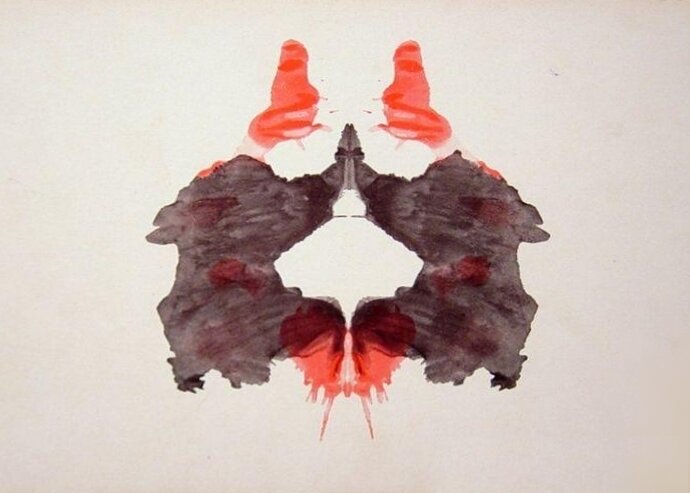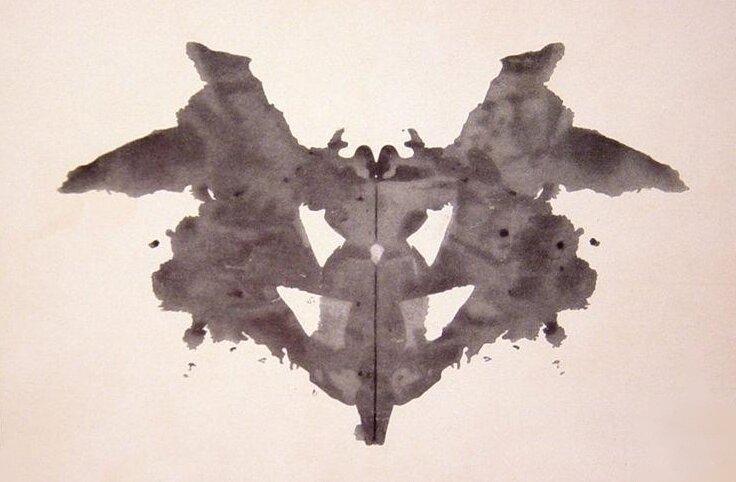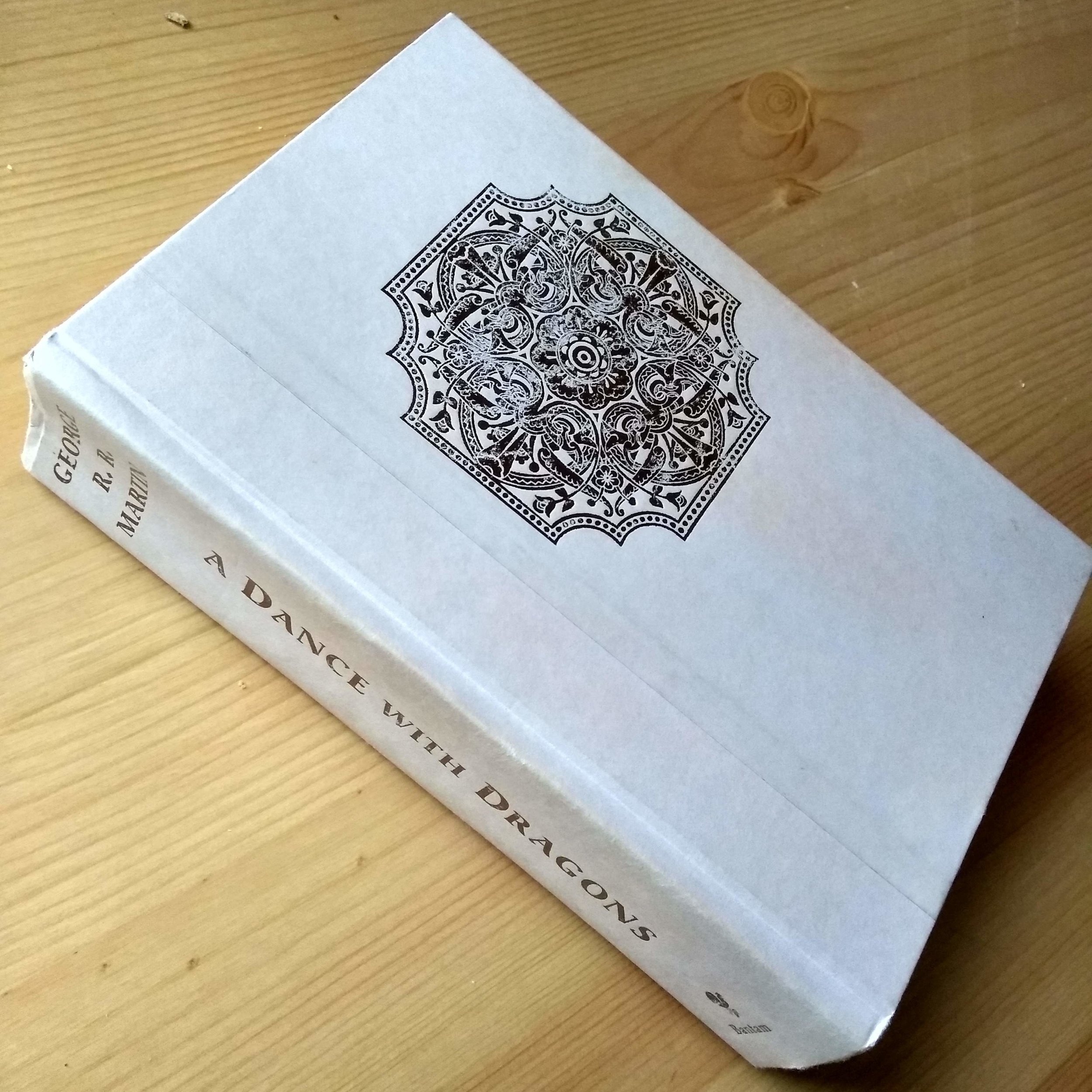The Meanings of Bon Iver
“Sun light feels good now, don’t it?”
Bon Iver and leading man Justin Vernon are a Rorschach test. Black and white blots containing everything and nothing, revealing more about the listener than they do about the artist. A haunting voice, indelible and unintelligible dissolving the world into pure emotion. Or so say some. I see something else, a different entity in the ordered ambiguity in the layers of production, vocals, and instrumentals. This meaning includes the present but it includes all times, both ancient and immediate. And it may say more about me than anything else, but like anyone who sees humanity in the inkblots, I cannot be convinced it’s just an elephant. Great art always applies to humanity. It cuts to what unites us all. A work may comment on current events, but it can also exceed the particular and rise to the universal. This is why we still read War and Peace and Crime and Punishment. It is why the Bible, thousands of years old, speaks to us. i,i references current events but it’s reach is deeper and vision clearer. I see in Bon Iver an exploration of God, the Christian God, seeking, finding, and moving past bad theology to the heart of true religion.
Like everyone on the planet, I heard Skinny Love when it came out. I was aware of Holocene. But, I didn’t care enough about the Grammys, Bon Iver, or Nicki Manaj to be elated or outraged when Bon Iver was the Best New Artist instead of Nicki Manaj in 2012. I grew up in the sonically conservative world of Contemporary Christian Music. So when I heard 22, A Million for the first time, it was completely jarring and off putting. And 22, A Million is meant to be distancing, but I didn’t realize this until after a musical sojourn that took me through hip-hop, Kendrick, Kanye, Blonde, and back to Bon Iver.
Even when he lost everything, Justin Vernon still had his voice. Alone in a cabin in the woods, recording music by himself, Justin Vernon had the voice that anchors Bon Iver. A voice that mediates to us his great sadness, which cries out with sighs too deep for words. On 22, A Million even that is taken away. It’s an album about isolation, isolation that runs so deep it divorces Justin Vernon from his very identity. His voice struggles against the obtuse production, it struggles to cut through the layers and echoes of itself as it once did. Even blurred and obscured his voice carries powerful emotion and desperate cries. On 715 - CR∑∑KS he implores, “Honey, understand that I have been left here in the reeds/But all I'm trying to do is get my feet out from the creeks,” and we cannot help but understand. His voice splits into prismatic harmony at war with himself and expands to enfold all the depth of his humanity. And he looks and pleads for someone:
And I see you
Turn around, you're my A-Team
Turn around now, you're my A-Team
God damn, turn around now
You're my A-Team
The next song provides the object: 33 “GOD”. The title itself is a question that all people of faith and all people who have lost faith have asked: “GOD,” what is “GOD,” does “GOD” really exist, if “GOD” is good why is there evil. Or as 33 “GOD” asks in the words of Psalm 22, “Why are you so far from saving me?” 666 ʇ for all it’s inversion of 33 “GOD” makes a similar point “I’m still standing in the need of prayer.” 22, A Million embodies a struggle for meaning and truth. You have to strain to hear every word. Every utterance is a shattered plea. Behind every phrase seems to be a wealth of significance, but the meaning slips away just as you grasp it. And the album seems to leave this search unresolved. 00000 Million ends with “well it harms, it harms me, it harms, I’ll let it in.” Bon Iver is broken by the jarring and alienating journey of 22, A Million, resigned to surrender.
Waiting for i,i to be released was waiting for the resolution to the questions of 22, A Million. Like a composition that modulates into a minor key only to finally and powerfully return to the tonic, i,i feels like peace. iMi is an epiphany that acknowledges the alienation of 22, A Million while being settled in new knowledge and life.
Living in a lonesome way...
Had me looking other ways
Cause I am, I am, I am, I am lost here, again
But on a brite fall morning I'm with it
I Stood a little while within it
Man you have to know
Know the way, it goes
The chorus takes the line “Cause I am, I am, I am, I am lost here, again” and refines it to “I am, I am, I am, I am” like worship for “I Am who I Am.” And this new knowledge of God and the self inexorably turns Bon Iver’s attention outward, in a quiet, simple statement, “I like you, I like you!/and that ain’t nothing new.” The production is still filled to overflowing with voices, but instead of clashing, they complement each other. Drawing closer to the Divine draws us closer to humanity, because for the sake of humanity, God emptied himself.
Three themes stand out to me: indifference, compassion, and sunlight. The interplay of these themes and how they build off of each other convey a deeper meaning that what can be quickly gleaned from oblique allusions to current event, such as one We: “I must defend it oh the tariffs hit you hard.” Together, these themes crescendo to a repudiation of Christian bigotry and a recentering of faith, all in a way that is gentle and loving.
Indifference and compassion unite the core of i,i and the core of Christianity: Love the Lord and love your neighbor as yourself. On iMi, Bon Iver says they cannot ignore forgiveness, the forgiveness that comes from God for our shortcomings and the forgiveness we extend to others in turn. It is a soft reminder that while forgiveness is something we receive but it is something we cannot ignore or neglect. The complement of opening our eyes to the suffering in the world is compassion. Matthew 9:36 says, “When [Jesus] saw the crowds, he had compassion on them.” This is the heart of the impassioned Naeem: “So what is gonna happen now?/When you don’t look away.” Over and over, Justin Vernon sings “I can hear crying.” Heartbreakingly, the world is full of crying. In loneliness, in agony, in cages, and in dread. Naeem implores us not to look away from the young Mastodons, those who are doomed to extinction but still live. Like Christ, to see and have compassion. To not look away, but to respond with more love.
Sunlight seeps through the album like a rising dawn. i,i was released as lyric videos in hour intervals weeks before its nominal release date. In several of the videos, the sun is prominently featured but is covered by a black square. This occurs in Holyfields, and dawn is a recurring motif. Light contrasted with coal mines are central to Hey, Ma.
Toward the end of the album, these themes converge and unite. In Jelmore, angles morn, all are doomed to die, and Bon Iver paints two portraits of people in distress, a thrift store manager and a bricklayer. In the lyric video, the sun is once more obstructed, and Vernon sings, “How long?/Will you disregard/The heat.” On the foundations laid in the first half of the album, this simple line captures many meanings. Putting a square over the sun and pretending that it isn’t present points to the sham of ignorance. It is an answer to 22, A Million, how long can we put quotes around God. It is a rebuke to those who hear crying and pretend to not understand, it will burn us if disregarded. It is plea for the changing climate which makes mastodon's of us all.
Faith, Marion, and Sh'Diah embrace God while questioning the tenets that lead Christians to ignore the crying in the world. On Faith, Vernon sings, “It’s not going the road I’d known as a child of God/Nor to become stable (So what if I lose? I’m satisfied)” The first line reads as a rebuke of church. The second line rejects using God as a means of personal enrichment. Religion is about God, thus what does it matter if we lose? If we have God, we are satisfied.
Marion repeats for its entire length the phrase, “Well, I thought that this was half of love.” When Jesus is asked what the greatest commandments are he affirms the first is to love the Lord your God. The second is like it: love your neighbor as yourself. We cannot have half of love. Half of love that excludes loving God misses the ineffable depth of peace and awe. It’s missing God, the goal of all creation. Half of love that excludes loving your neighbor, and as told in the Good Samaritan your neighbor is everyone you can show mercy to, is cruelty and hypocrisy. We cannot afford half of love.
Sh’Diah is reportedly an acronym for SHitiest Day In All History, in reference to the day Donald Trump was elected president. I learned this from other reviews of i,i. When I first saw Sh’Diah, I read it as Shaddai, the name the Lord spoke to Abraham. Together the acronym and the pronunciation of Shaddai for deeper meaning. The song begins with:
Well you find the time
Don't you
For the Lord
But you can find the time
Oh can't pass it around?
This reads as a repudiation of the millions of Christians that elected Trump, those who find time for the Lord, but can find no time for others. Those with half of love which is no love at all. The final lines implore the listener, “Keep it rational/Keep it rational/There is no fountain.” This is followed immediately by a saxophone solo which escapes and questions all notions of rationality. Keeping it rational excludes compassion and transcendence.
The album culminates in RABi, a beautiful affirmation of God and life on earth. The title comes from the line “rob, bye” in the song but is also pronounced as Rabbi, the Hebrew word for teacher and how Christ was addressed by his disciples. “Well it’s all just scared of dying” is the first line of the song and sets the tone for the first verse. The second stanza meditates on our childhood responses to death contrasted with our present response, running to Twitter:
When we were children, we were hell bent
Or oblivious at least
But now it comes to mind
We are terrified
So we run and hide
For a verified little peace
The first statement of the choirs offers hope beyond fleeing and distraction. Finally, the sunlight breaks through in its full statement. We stop ignoring the heat and embracing the release of sunlight on our skin. Basking in the sunlight of God’s love, we don’t need escapism or suicide, our mind is at ease.
So what of this release?
Sun light feels good now, don't it?
I don't have a leaving plan
But something's gotta ease your mind
But it's all fine or it's all crime any way
However, embracing the grace and presence of God does not absolve us of our responsibility to love others. Neither does hope of an afterlife negate the joy and peace in life on earth. The world is real and good, it's not a veil or a fairytale.
So what of this release?
Some life feels good now, don't it?
Don't have to have a leaving plan
Nothing's gonna ease your mind
Well it's all fine and we're all fine any way
Life is precious. We don’t need to rely on the afterlife to imbue life with value. And we need not despair. There is death, but there is sunlight. God’s got us and it’s all fine and we’re all fine any way.






